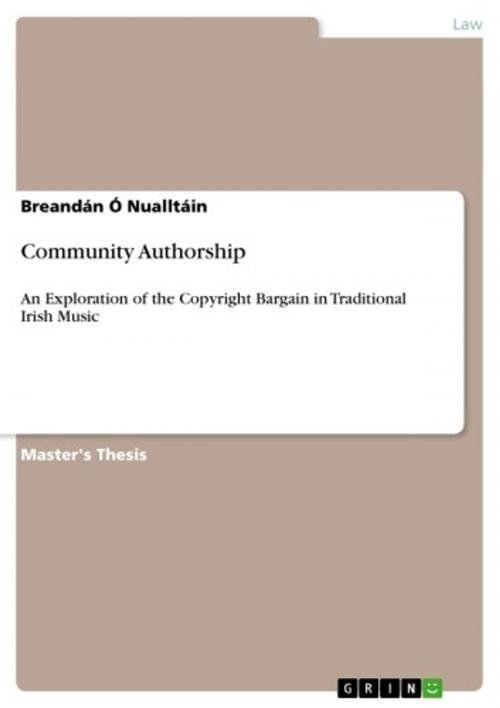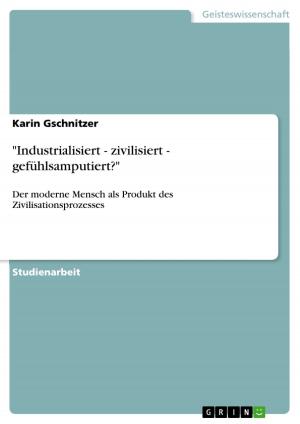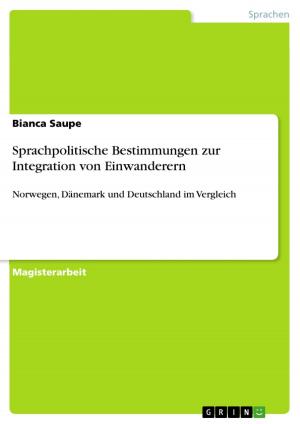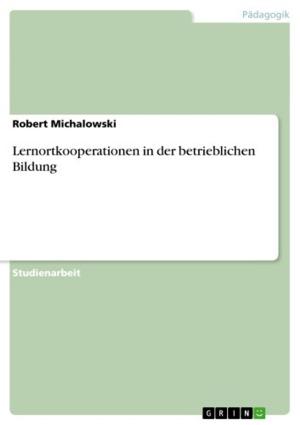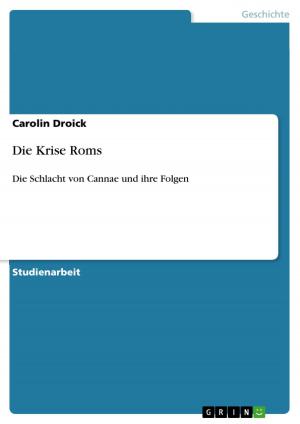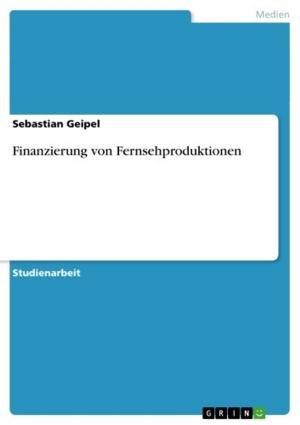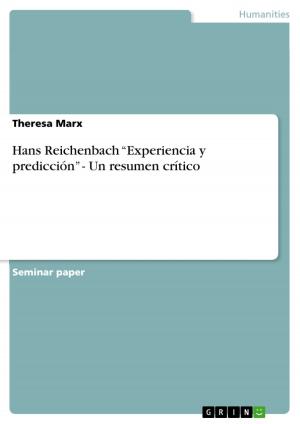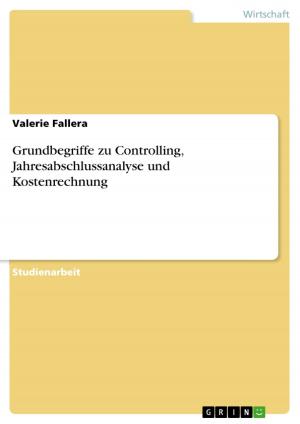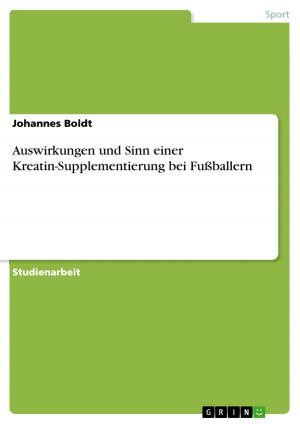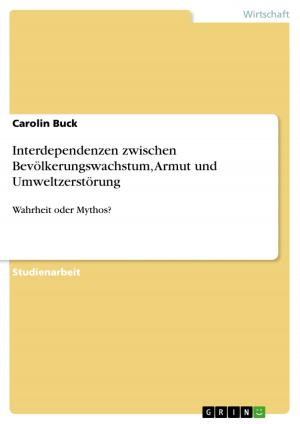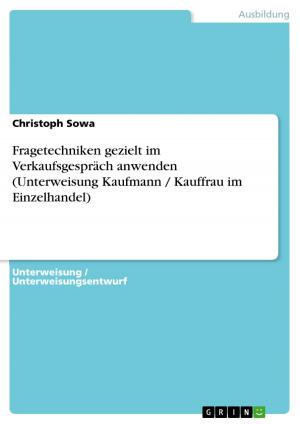Community Authorship
An Exploration of the Copyright Bargain in Traditional Irish Music
Nonfiction, Reference & Language, Law, Media & the Law| Author: | Nualltáin | ISBN: | 9783640945306 |
| Publisher: | GRIN Verlag | Publication: | June 28, 2011 |
| Imprint: | GRIN Verlag | Language: | English |
| Author: | Nualltáin |
| ISBN: | 9783640945306 |
| Publisher: | GRIN Verlag |
| Publication: | June 28, 2011 |
| Imprint: | GRIN Verlag |
| Language: | English |
Master's Thesis from the year 2008 in the subject Law - Media, Multimedia Law, Copyright, grade: 1, University of Limerick (Irish World Academy of Music and Dance), course: Ethnomusicology, language: English, abstract: Copyright law represents a cultural bargain: to encourage creativity, authors are granted time-limited monopolies over tangible expressions of their creative works. The incentive to create is thus balanced against the general public good, which includes the value of a healthy intellectual commons. This intellectual property bargain has now been institutionalised internationally through trade treaties and national and international laws. In the case of traditional cultural expressions, though, the bargain appears to fall down. First, there seems to be no evidence that creativity within most traditional cultures is or has been contingent upon the granting of such monopolies for exploitation. Second, in the case of traditional cultures, concepts such as 'author', 'expression' and 'creative work' can be extremely slippery. Third, the concept of creativity within many traditional cultures does not automatically support the idea that cultural artefacts are in fact created by individual authors. Using Irish traditional music as an example of a community-based traditional art form, I show that authors create new expressions within such cultures only through the implicit or explicit engagement with other cultural actors. As such, the concept of the single 'author' within such cultures is problematic, and leads inevitably to a discrediting of the traditional discourse of intellectual property regulation. I also show that even the seemingly fixed expressions of such a traditional culture are 'fixed' only in the most local sense--in an oral rather than literary culture, ideas are continuously reused and remixed in extremely mutable ways. As a result of this finding, the process of creativity must be re!examined in such contexts in order to support a more appropriate formulation of the intellectual property bargain.
Master's Thesis from the year 2008 in the subject Law - Media, Multimedia Law, Copyright, grade: 1, University of Limerick (Irish World Academy of Music and Dance), course: Ethnomusicology, language: English, abstract: Copyright law represents a cultural bargain: to encourage creativity, authors are granted time-limited monopolies over tangible expressions of their creative works. The incentive to create is thus balanced against the general public good, which includes the value of a healthy intellectual commons. This intellectual property bargain has now been institutionalised internationally through trade treaties and national and international laws. In the case of traditional cultural expressions, though, the bargain appears to fall down. First, there seems to be no evidence that creativity within most traditional cultures is or has been contingent upon the granting of such monopolies for exploitation. Second, in the case of traditional cultures, concepts such as 'author', 'expression' and 'creative work' can be extremely slippery. Third, the concept of creativity within many traditional cultures does not automatically support the idea that cultural artefacts are in fact created by individual authors. Using Irish traditional music as an example of a community-based traditional art form, I show that authors create new expressions within such cultures only through the implicit or explicit engagement with other cultural actors. As such, the concept of the single 'author' within such cultures is problematic, and leads inevitably to a discrediting of the traditional discourse of intellectual property regulation. I also show that even the seemingly fixed expressions of such a traditional culture are 'fixed' only in the most local sense--in an oral rather than literary culture, ideas are continuously reused and remixed in extremely mutable ways. As a result of this finding, the process of creativity must be re!examined in such contexts in order to support a more appropriate formulation of the intellectual property bargain.
